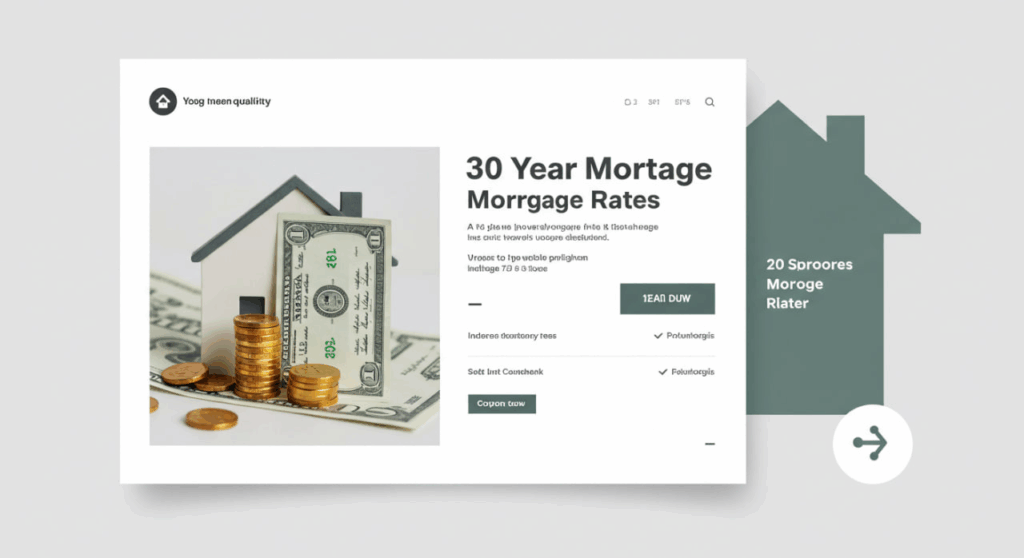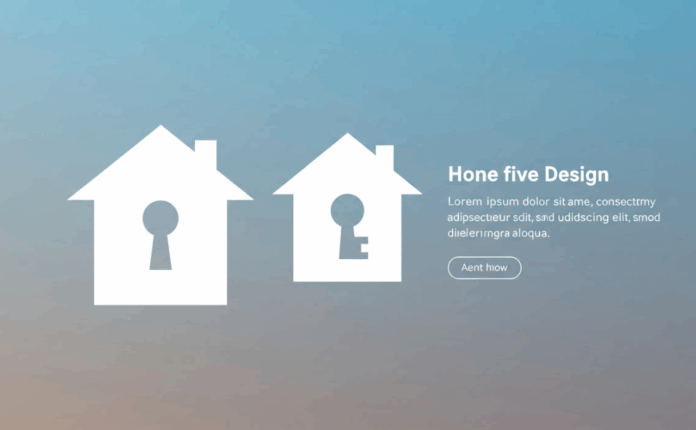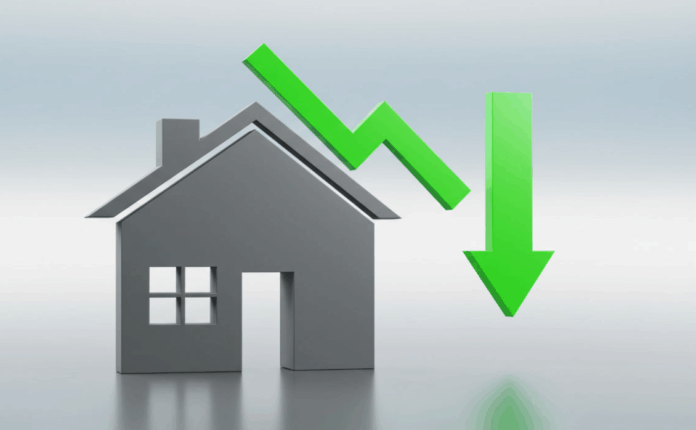Understanding 30-Year Mortgage Rates
Navigating the world of 30-year mortgage rates can feel overwhelming. This post aims to demystify the process, providing you with the knowledge to make informed decisions about one of the biggest financial commitments of your life. We’ll explore key factors influencing rates, how to shop for the best deal, and what to consider before signing on the dotted line.
Factors Influencing 30-Year Mortgage Rates
Several factors play a crucial role in determining your 30-year mortgage rate. The most significant include prevailing interest rates set by the Federal Reserve, your credit score, the type of mortgage (e.g., fixed-rate, adjustable-rate), and the down payment amount. A higher credit score generally qualifies you for a lower interest rate. A larger down payment can also impact the rate you receive. Understanding these influencing factors is crucial for securing the best possible terms.
How to Shop for the Best 30-Year Mortgage Rate
Shopping for a mortgage is not a one-size-fits-all process. It’s essential to compare rates from multiple lenders, including banks, credit unions, and online lenders. Consider using a mortgage calculator to estimate your monthly payments based on different rate scenarios. Don’t hesitate to negotiate with lenders; they often have some flexibility to adjust rates based on your circumstances. Take your time and do your research to find the lender that best fits your needs and offers the most competitive rate. You may find that comparing multiple lenders can save you thousands of dollars over the life of your loan.

Understanding Points and Fees
Points are prepaid interest that can buy you a lower interest rate. It’s crucial to carefully weigh the benefits of paying points against the upfront cost. Various fees are associated with mortgages, including appraisal fees, origination fees, and closing costs. Be sure to ask for a detailed breakdown of all fees from each lender to make an accurate comparison. This resource provides a helpful overview of typical mortgage closing costs.
Fixed-Rate vs. Adjustable-Rate Mortgages
Choosing between a fixed-rate and an adjustable-rate mortgage (ARM) is a significant decision. With a fixed-rate mortgage, your interest rate remains the same for the entire 30-year term, providing predictability. ARMs, on the other hand, have interest rates that adjust periodically based on market conditions. While ARMs might start with a lower rate, the potential for rate increases makes them riskier. Carefully consider your financial situation and risk tolerance when choosing between these two options. Learn more about fixed vs. ARM mortgages.
The Importance of Pre-Approval
Getting pre-approved for a mortgage is a critical step in the home-buying process. Pre-approval gives you a clear understanding of how much you can borrow and strengthens your negotiating position when making an offer on a house. It demonstrates to sellers that you’re a serious buyer with financing in place. Pre-approval also allows you to shop for rates with confidence, knowing your borrowing power. Check your credit score before beginning the process.
Maintaining a Healthy Credit Score
Your credit score is a major factor influencing your mortgage rate. A higher credit score generally qualifies you for better terms. Before applying for a mortgage, take steps to improve your credit score if necessary. This might involve paying down debt, disputing errors on your credit report, and maintaining consistent on-time payments. A strong credit score not only impacts your mortgage rate but also your ability to secure financing.
Long-Term Financial Planning
Securing a 30-year mortgage is a long-term commitment, impacting your finances for decades. Before committing to a mortgage, ensure you have a well-defined financial plan. Consider your current income, expenses, and potential future financial changes. Factor in other financial goals, like saving for retirement or your children’s education. Financial planning resources can help you to prepare for a large commitment like a mortgage.
Conclusion
Choosing a 30-year mortgage is a significant decision that requires careful planning and consideration. By understanding the factors influencing rates, comparing lenders, and planning for the long term, you can make a well-informed choice that sets you up for financial success. Remember that this information is for general guidance only; seeking advice from a qualified financial professional is always recommended.
Frequently Asked Questions
What is the current average 30-year mortgage rate? The average rate fluctuates daily and varies depending on your credit score and other factors. Check with multiple lenders for the most up-to-date information.
How much can I afford to borrow? Use an online mortgage calculator and consider your income, expenses, and debts to determine your borrowing capacity.
What documents do I need to apply for a mortgage? Lenders typically require proof of income, employment, and assets, along with your credit report.
What is a mortgage points buy-down? It is an upfront payment that buys down the interest rate.
How often do mortgage rates change? Rates can change daily due to various market factors.



